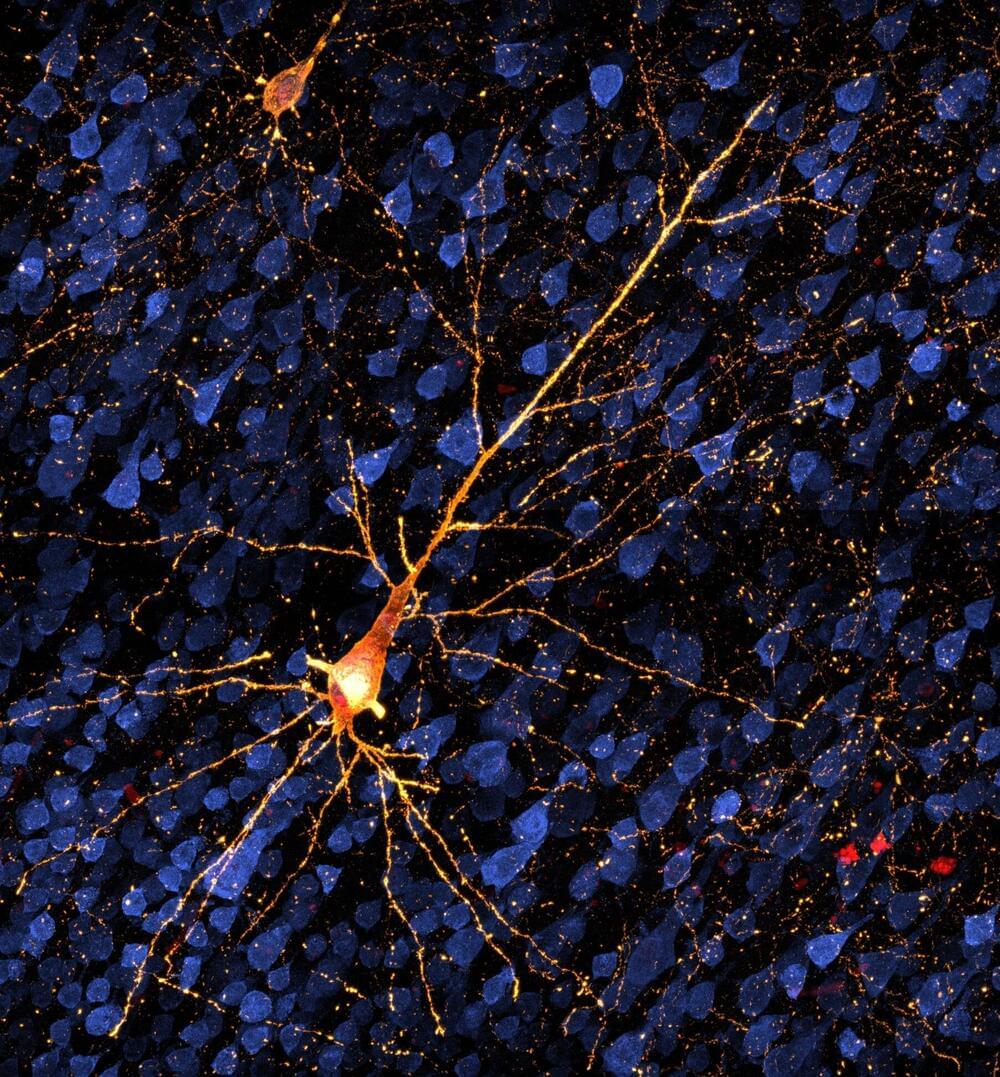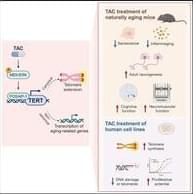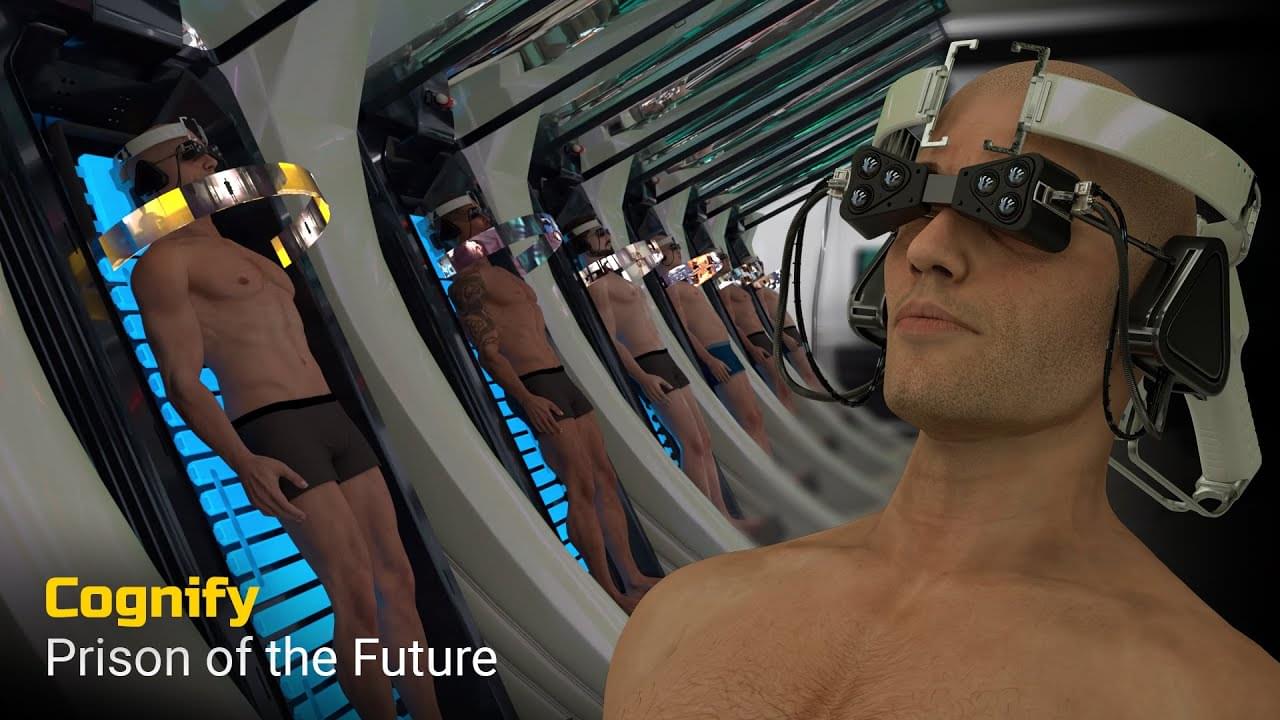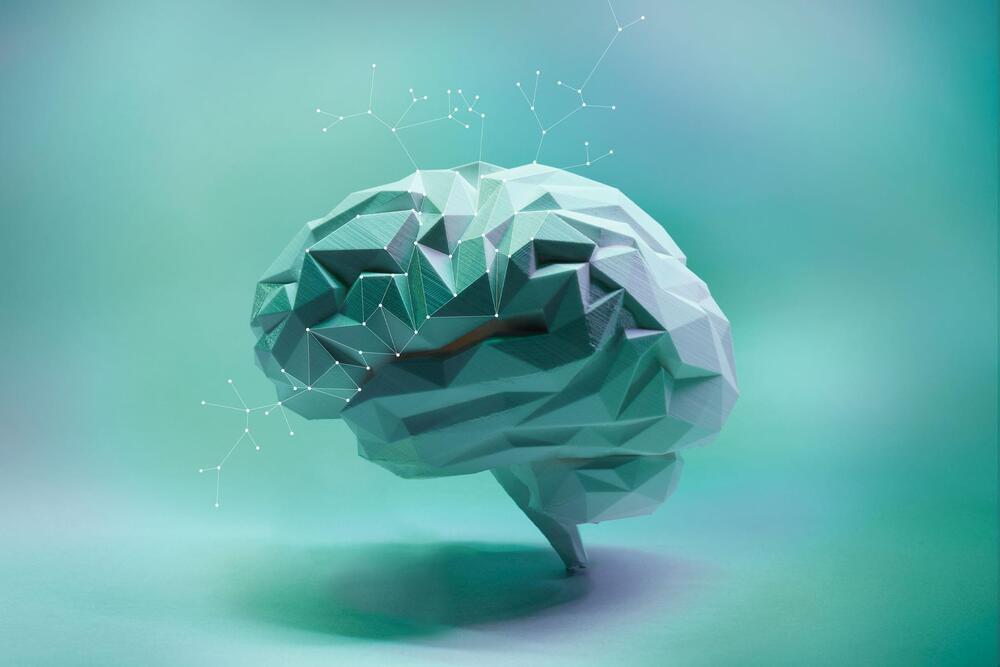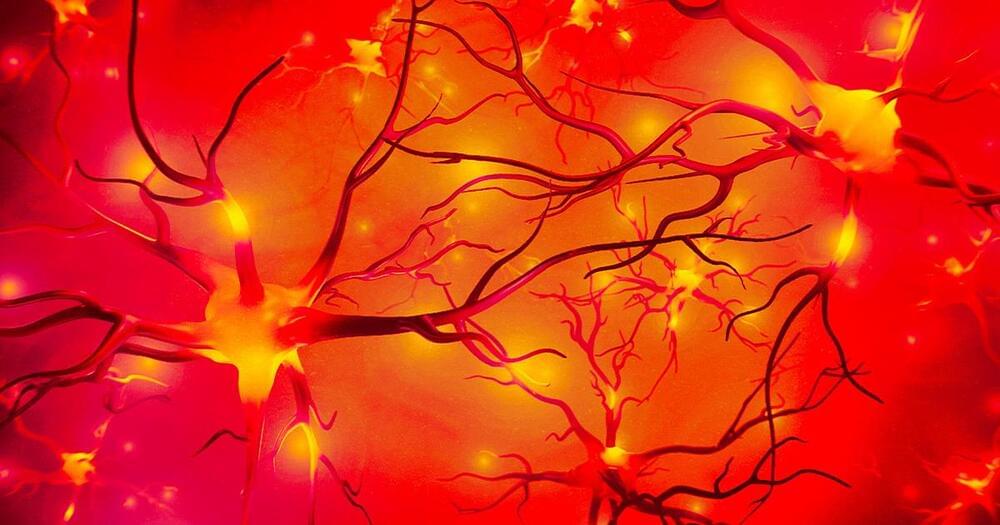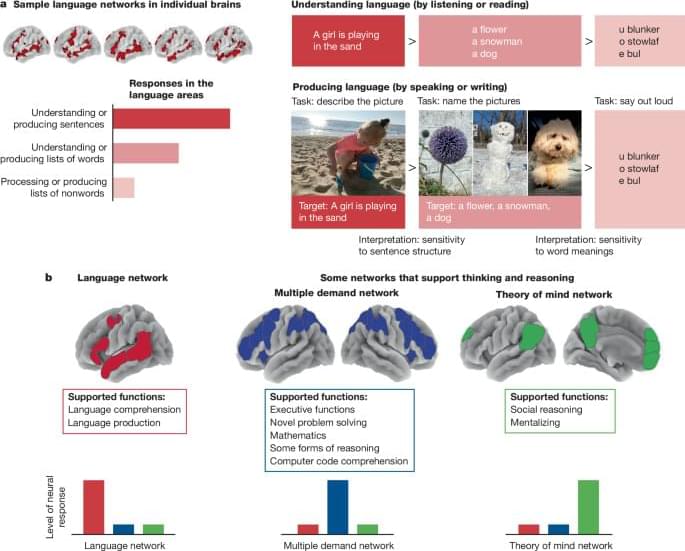Jun 24, 2024
New research points to possibility for testing to explore early-stage Alzheimer’s disease
Posted by Michael Taylor in categories: biotech/medical, neuroscience
Research in nonhuman primates is opening the possibility of testing treatments for the early stages of Alzheimer’s and similar diseases, before extensive brain cell death and dementia set in. A study published in Alzheimer’s & Dementia shows up to a six-month window in which disease progress could be tracked and treatments tested in rhesus macaques.
